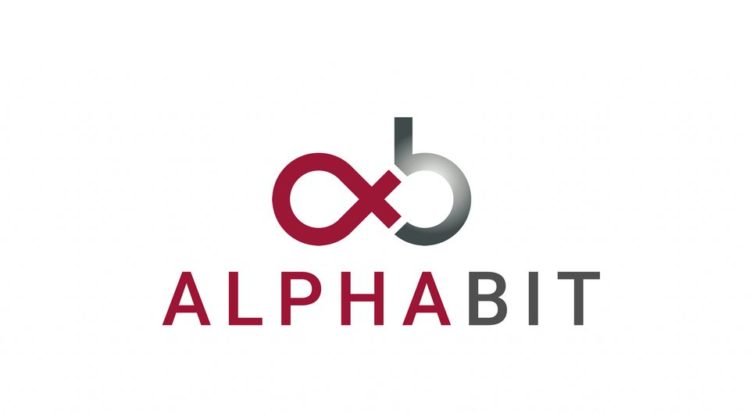Crypto Card Market Trends
Cryptocurrencies are still in their early stages of adoption and very few retailers accept them making them difficult to spend in-store or online. Despite the current “hodl” mentality, every crypto company out there appears to be gunning for programmes that enable crypto spending.
In fact, the trend has expanded beyond crypto-focused companies…
The multi-billion-dollar conglomerate, PayPal, has recently started testing a crypto checkout feature that would allow U.S. consumers to use their crypto assets at 29 million merchants that PayPal is integrated with. Upon announcing in March, the value of Bitcoin proceeded to skyrocket to new all-time-highs.
Likewise, Visa’s CEO, AI Kelly, recently revealed that the ability to cash-out from crypto into fiat for immediate shopping is one of the core opportunities they are working on.
Alongside this, major crypto exchanges such as Binance and Gemini who have attained millions of users have recently launched their own crypto cards in conjunction with MasterCard, greatly increasing opportunities to spend crypto.
The examples are endless.
The Problem
However, despite the intense rush to build the dream product for spending crypto, almost every company is building the functionality without considering the underlying value of crypto.
One of Bitcoin’s core value propositions is ownership of your money. This is the ability to own crypto independently, without having to trust a bank or any other 3rd party who has the ability to block transactions or restrict access to your money. Bitcoin derives much of its value from removing 3rd party custodians.
Yet every single one of the above examples relies on entrusting a 3rd party such as PayPal’s digital wallet, or Binance’s exchange wallet, with your assets. This is akin to trusting a bank with your regular money, which is exactly what Bitcoin intended to avoid.
The Most Viable Solution
In light of this, there are one or two companies in the space working on overcoming this by building non-custodial solutions. This means the user is always in full ownership and control of their crypto.
The current front-runner is Plutus, who have been developing top-end technology that connects crypto to existing payment methods, but in a way that upholds the core ethos of crypto.
Instead of connecting a company’s crypto wallet to a bank card, Plutus allows you to connect any crypto wallet you like to a Visa Debit Card whilst retaining possession of the private keys. Plutus also uses a decentralised exchange (DEX) to facilitate the conversions from crypto to fiat prior to spending, rather than a centralised exchange, meaning there is no 3rd party intermediary. It’s a solidified and dependable bridge between DeFi and CeFi.
For those who value the cypherpunk ideals of crypto, this is quite possibly the closest implementation to Satoshi’s vision at this moment in time.
Having been active in the space since 2015, and with over 35,000 existing users, this is not a new development; but with a freshly announced $5 million backing from a prominent crypto fund, Alphabit, the company is prime for further development and rapidly expanding acquisition to challenge some of the biggest competitors in the Crypto cards space who have millions of users collectively.
Plutus is relying on three USP’s to separate themselves:
- Non Custodial – Ownership of Assets
- Rewards
- Neo-Banking features
On top of the non-custodial aspect, every time a user spends with a Plutus Card, they earn 3% rewards in the company’s native crypto token, Pluton (PLU). This can be instantly converted into regular money for continued spending, or staked for several interesting benefits.
The Plutus app offers a UK Sort Code and Account Number, or a European IBAN, to manage traditional money and users can connect their personal crypto wallet to this to oversee both asset types from a single device. The company has developed a limited range of neo-banking features but with plans to attain a full banking license by 2022, this could be a key growth area that is yet untapped.
Will it be Enough?
The industry has become quickly saturated with an abundance of crypto cards, however, there is very little distinction between them. Companies like Coinbase, Binance, Revolut and Monzo have successfully acquired significant market share but there are many gaps in their product offerings that Plutus appears to be filling.
As the 2021 bull run continues to rage on, now is a prime opportunity for the company to dominate their niche.
Credit: Source link











































































































































